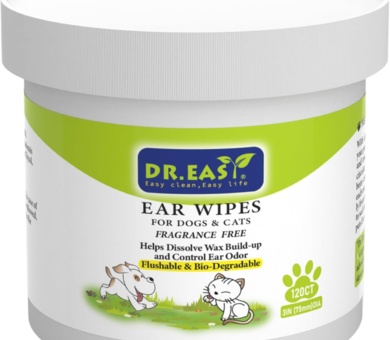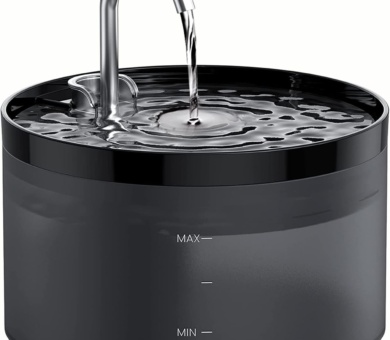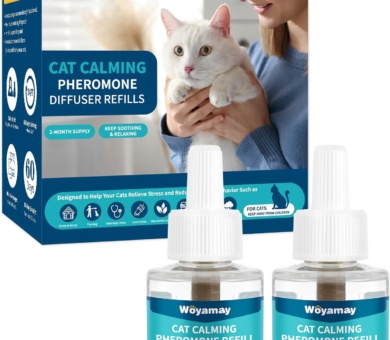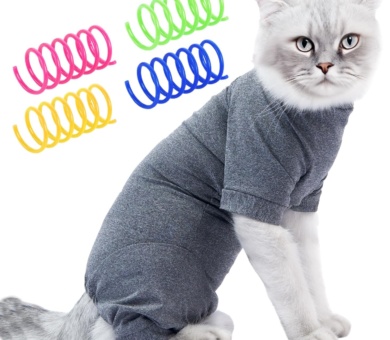Your April 2025 Guide to Cat Health Supplements: What Every Owner Needs to Know
As cat ownership evolves, so does our understanding of feline health. By 2025, advancements in veterinary science and a focus on preventive care have made supplements a key part of many cats’ wellness routines. Whether you’re a new cat parent or a seasoned owner, this guide will help you navigate the world of cat health supplements with confidence.
Why Consider Supplements for Your Cat?
Modern cats face unique challenges: indoor lifestyles, processed diets, and longer lifespans can lead to nutritional gaps or age-related issues. Supplements aren’t a replacement for a balanced diet but can address specific needs like joint health, digestion, or immune support. Always consult your vet before introducing supplements to ensure they align with your cat’s health profile.
Top 5 Cat Supplements in 2025
-
Probiotics
- What they do: Support gut health, aid digestion, and boost immunity.
- Ideal for: Cats with sensitive stomachs, diarrhea, or those on antibiotics.
- 2025 trend: Synbiotic blends (probiotics + prebiotics) for enhanced efficacy.
-
Omega-3 Fatty Acids
- What they do: Reduce inflammation, improve skin/coat health, and support brain function.
- Sources: Fish oil, algae-based supplements (vegan option).
- Tip: Look for EPA/DHA ratios tailored to cats.
-
Joint Supplements
- What they do: Glucosamine, chondroitin, and MSM ease arthritis and improve mobility.
- Ideal for: Senior cats or breeds prone to joint issues (e.g., Maine Coons).
- 2025 innovation: Liquid formulas with faster absorption.
-
Vitamins & Minerals
- Key players: Vitamin B12 (energy), Vitamin E (antioxidant), and taurine (heart health).
- Note: Most cats get enough from food—supplement only if deficient (vet-approved).
- Emerging Options
- CBD/CBG oils: For anxiety or chronic pain (ensure THC-free and third-party tested).
- Adaptogenic mushrooms: Reishi and turkey tail for immune support.
How to Choose the Right Supplement
- Consult your vet: Blood tests or health scans can identify deficiencies.
- Quality matters: Opt for brands with USP or NSF certifications and transparent sourcing.
- Avoid overdosing: “More” isn’t better—follow dosage guidelines to prevent toxicity.
Administering Supplements: Tips for Success
- Mix powders or liquids into wet food.
- Use pill pockets or treats for capsules.
- Try transdermal gels (applied to the ear) for fussy cats.
2025 Trends to Watch
- Personalized supplements: DNA tests or AI-driven health apps tailor recommendations.
- Eco-friendly options: Plant-based ingredients and sustainable packaging.
- Virtual vet consultations: Telehealth platforms offer supplement advice from home.
Myths vs. Facts
- Myth: “Natural means safe.”
Fact: Some herbs (e.g., garlic) are toxic to cats—always research ingredients. - Myth: “Supplements work immediately.”
Fact: Many take weeks to show effects; consistency is key.
Final Thoughts
While supplements can enhance your cat’s well-being, they’re not a cure-all. Prioritize high-quality food, regular vet checkups, and monitor your cat’s response to new supplements. With the right approach, you’ll be equipped to make informed choices for your feline friend’s health in 2025 and beyond.
Always partner with your veterinarian to create a plan tailored to your cat’s unique needs. 🐾
| Quick Reference Guide | Supplement | Key Benefit |
|---|---|---|
| Probiotics | Gut health | |
| Omega-3s | Skin + joints | |
| Joint support | Mobility | |
| Vitamins | Fill nutritional gaps | |
| CBD/Mushrooms | Stress + immunity |









